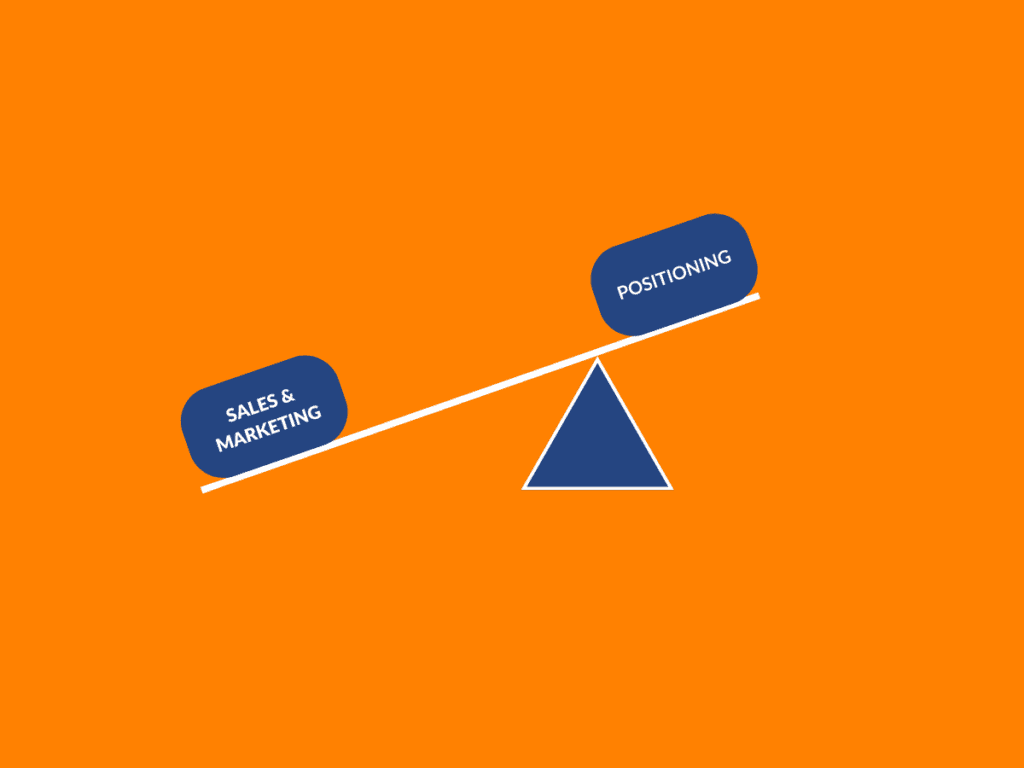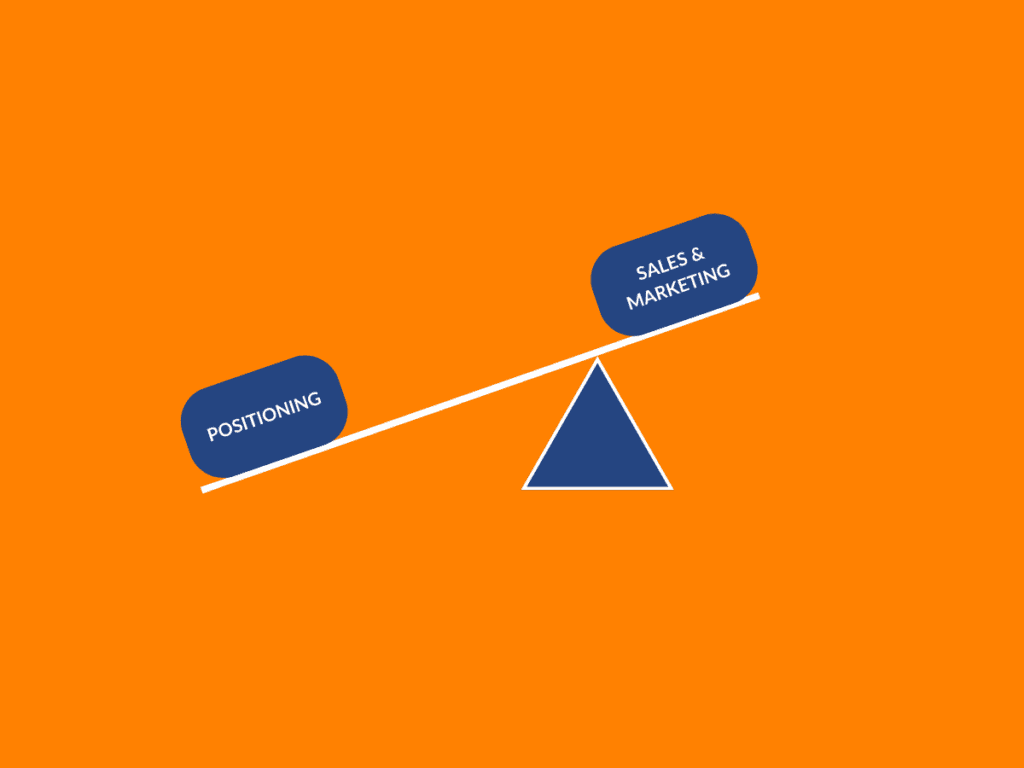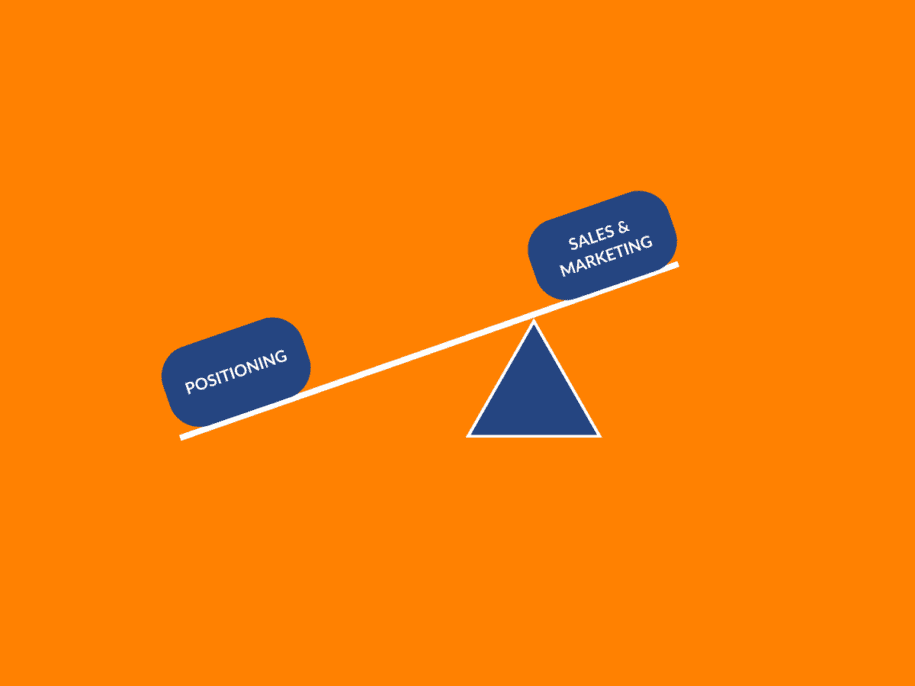I get this question a lot, sometimes from folks just starting out as a consultant, often as a corporate refugee, and sometimes from folks who have been consulting for a while and maybe even tried a fancy CRM that felt overwhelming.
So when do you need a CRM (“Customer Relationship Management”, although this class of software typically has more to do with sales than supporting customer relationships– what’s up with that?) as a solo consultant?
I’m going to give the typical consulting answer, “it depends”.
But really, we need to change the perspective from CRM as something that you have to CRM as something that you do.
When you’re in business for yourself, you should always be “doing CRM”.
What does this mean?
- Talking to clients, partners, prospects, past clients, etc.
- Doing the tasks that come from those conversations.
Is that it?
Pretty much, although of course there are some important nuances.
If you’re in a relationship business like consulting, you are in a conversation business.
If you’re in a conversation business, here’s your 2 step sales process.
- Figure out exactly who you want to talk to.
- Talk to them. (Not just once, but regularly.)
When you are just starting out, it’s hard to know exactly who you want to talk to. That’s ok. Start by talking to the people you already know. This will help you get more specific about your ideal client.
Make sure you can articulate who you want to talk to, so people can make appropriate introductions.
Make sure also that you:
- Take good notes and have a way to search them.
- Track referrals.
- Give each contact a Next Conversation Date with sensible defaults, so you don’t rely on manual processes to reconnect.
- Have a way to search your contacts to make good introductions for other people.
- Have an easy way to flip through the people you need to talk to, so you can focus on conversations, not trying to figure out who to talk to next.
(Note that this set of tasks is somewhat different from the tasks a VP of Sales wants the sales team to execute, which tend to involve taking leads from marketing and convincing them to buy. CRMs for these teams revolve around pipelines. The tools and the tasks tend to be a poor fit for consultants– we don’t want to push people through pipelines, we want to more like doctors– diagnosing and prescribing.)
As you learn more, your messaging gets tighter and more compelling, providing more leverage for you.
You go from this:

To this:

This will make your conversations easier, more fun, and more productive.
You can implement this process with various tools:
- Index cards or notebook or whiteboard (downside is searching and everything else is a bit manual)
- Spreadsheet
- CRM (see this article on picking the best CRM for an independent consultant— it’s a bit different than picking a CRM for a sales team, which is the more traditional situation)
- Other note-taking app (Notion, etc)
All have their pluses and minuses. The best one is the one you use, that gets you where you need to go faster and more easily.
If you’ve got a whiteboard that’s served you well for decades (real story), great. If you’ve got an enterprise CRM that’s probably more than you need, but you’ve got it tuned just the way you like, great.
But if you’re struggling to follow up, can’t track your referrals, can’t search your notes, etc, then you need a better solution, whether it’s upgrading your spreadsheet or deciding that the cobwebs on your enterprise CRM are not a good sign. And if you find yourself saying things like, “of course I do, but I can’t spend $50 per month (or whatever) on a solution for business development (that will let me bring in more revenue, faster)”, think about whether it’s really the right time for you to be starting your own business.
If you’re a solo consultant, you are “doing CRM” from day 1. The tool(s) you choose are less important than the process and the mindset, but make sure whatever you pick supports your journey.

